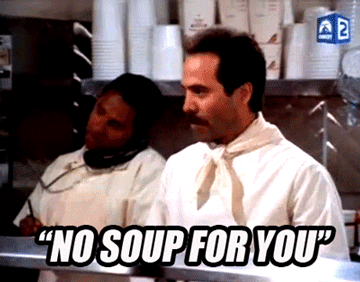You’ve probably heard that, with the price of oil down, Venezuela hasn’t coped well with living within its own means. Food riots happen daily, business are closing, government workers are doing two-day weeks.
But what’s going on behind the scenes appears to be turning Venezuela into a military state.
Since the end of the regime of former crazy uber-leftist Hugo Chavez, President Nicolas Maduro has relied heavily on the government to keep things from falling apart. To do that, he’s given away a lot of autonomy.
There’s a military run TV station now. And a military run bank. His Cabinet is now filled with ex- and current Generals. And he has consistently given the military pay rises, even as the rest of the nation struggles to eat.
And now, the much hated politician who is facing a recall movement and near anarchy in the streets, has announced the Defense Minister will be given effective control of all government departments in an effort to boost food production quickly.
What does this mean for oil prices going forward?
Well, there’s no chance Venezuela will tighten supply. With a desperate need to buy foreign food as quickly as possible, it needs the cash oil brings, even at a low per-barrel price.
Other OPEC nations are in a similar, if not quite as desperate, boat with Saudi Arabia and Egypt largely living beyond their means and pumping more gas than many would like. In fact, current OPEC production levels haven’t been this heavy since 2008.
That said, nobody really knows exactly whether things are healthy in the oil market or not. Bloomberg just wrote about the ongoing discrepancy between the industry-funded American Petroleum Institute and the U.S. government’s Energy Information Administration, which gave completely different inventory statistics on six of the last ten weeks.
The result can whipsaw the crude market. When the API reported a gain of 3.45 million barrels for the week ended May 6, prices immediately dropped by 26 cents. Eighteen hours later, when the EIA reported a 3.41 million decline, futures jumped 80 cents, according to data compiled by Bloomberg.
But don’t assume this will mean a long term downward tug on local oil prices. The fraught nature of oil pumped out of the Middle East and Venezuela,not to mention Nigeria and Libya, and uncertainties involving whether or not to do business with Iran, and even Canada’s reluctance to build oil pipeline infrastructure (and let’s not even get into Brexit issues), may mean an added importance will be given to US-drilled oil going forward, which may counter balance some of that oversupply.
I see a lot of people talking up oil and gas locally, some of which may be self interest, and more of which may be straight contrarianism, but south of the border there’s deals being done with assets at low prices and confidence that the nation can increasingly rely on local supply.
I’m not saying it’s time to buy oil futures… it’s not. But if you were looking for a long term reliable oil supply, the traditional sellers all appear to be, at the same time, cutting their own throats.
Keep your powder dry.
— Chris Parry
http://www.twitter.com/chrisparry

